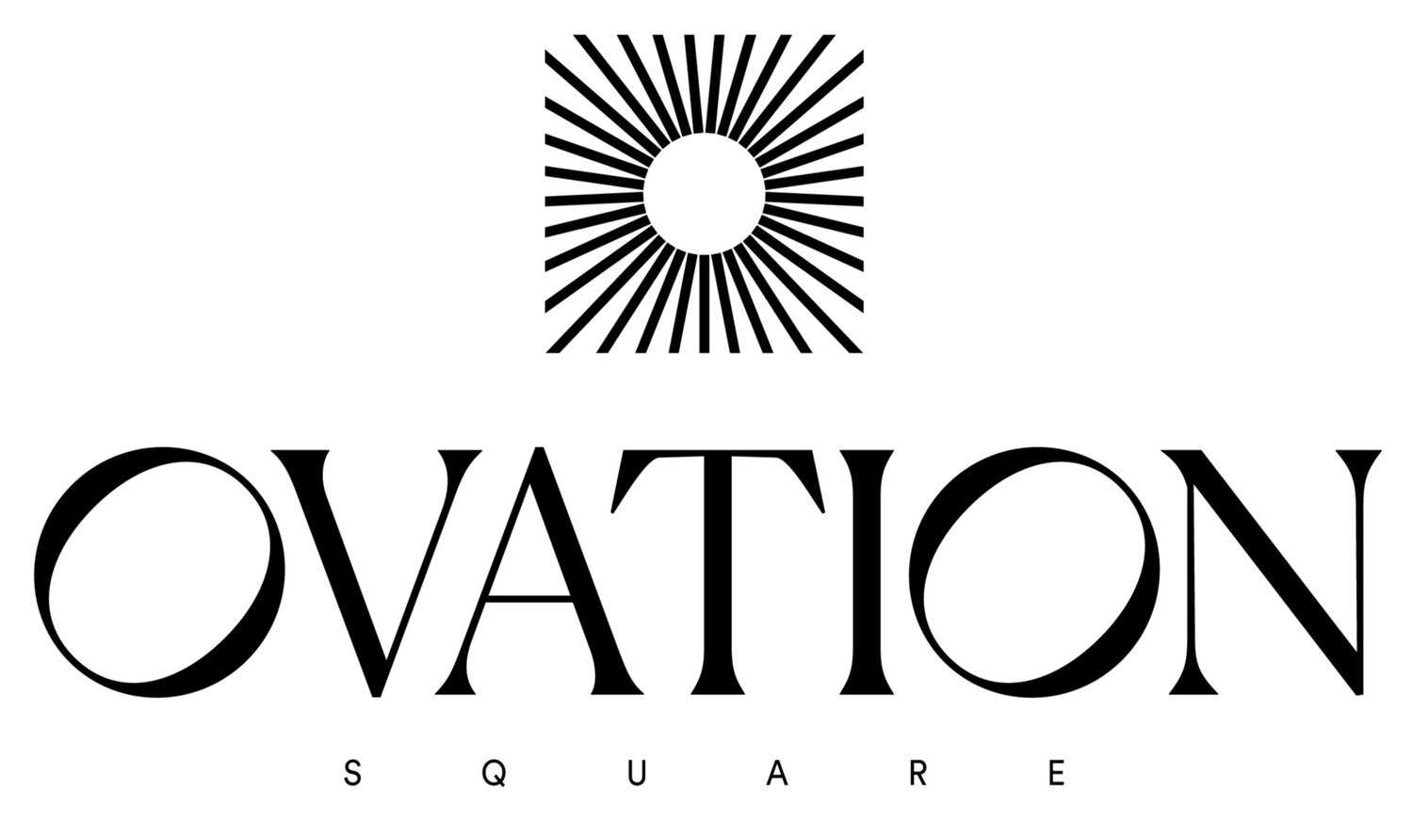Everything You Need to Know About What a Successful Event Manager Does
You may find yourself wondering what event management is and what do event managers do exactly? Event management is the application of project management to the creation and implementation of small and large-scale personal or corporate events. In turn, an event manager oversees the entire process from set-up to visuals and design, and finally execution, making sure the event comes to life how the client envisioned it.
Now, there are differences between event planning and event management, and these are important to know. An event planner really focuses their time and energy on the pre-event details and building out an entire plan for execution, whereas an event manager focuses on the event itself and executing everything seamlessly. They manage the day-to-day tasks and ensure the event runs as smoothly as possible.
Stages in Event Management
1. Set Your Goals and Objectives
Any successful event management company starts with defining the goals and objectives of the event. This usually comes from the client; however, the event management team can help elaborate and build out these objectives. It’s important to hone in on your goals so you can design the entire event around achieving them. Are you trying to fundraise a certain amount of money? Are you trying to launch a product and want a certain number of people to pre-order it? Do you want guests to follow you on social media? Granularly defining your goals with numbers attached to them helps hold the event accountable in terms of whether it was successful or not.
2. Find a Venue
Once you have defined your goals and objectives, you will want to focus on venue booking. The space is what is going to bring your event to life and will be the visual that draws guests in. You want to make sure the venue aligns with your company look and feel because guests will associate the space with you. You will also want to consider whether the venue is well designed for what you want to accomplish. Can it host as many guests as you want to invite? What are the facilities like? Is it in a convenient location for guests? These are important questions to consider when making your final decision.
3. Choose a Theme
Next, you will choose a theme for your event and all the details will be designed around your overarching theme. Event planners will bring the event to life through design that is focused on meeting your goals and objectives. This is where the details are sorted out such as when your event will occur, what kind of furniture is needed, whether there will be guest speakers or live performances, what is the color, sound, and lighting design, and so forth. This is where you will see your event brought to life.
4. Build Out Your Master Plan
Now the event planner will build out a master plan with all the details included so that everyone on both sides is always on the same page. This is a master plan that should be referred to and referenced when people have questions or are unsure how to execute. This will ensure the event is brought to life seamlessly.
5. Execute
Next, it’s time to execute. This is show time for the event manager where they get to come front and center to the stage and watch the event unfold according to the plan. Ample time should be allowed for set-up and making sure everything is tested and checked before the event begins. This will help avoid any mishaps during the actual event itself.
6. Follow-Up
Finally, you will follow-up with guests to receive feedback and measure whether you achieved your goals. You will run reports and consider what went well during the event and what could be improved upon. This can be done with short surveys to guests and also with the clients to debrief and discuss the details.
The next time you find yourself searching ‘event management companies near me,’ we at Ovation Square would be happy to help you out. With an entire event management team behind us, we are happy to plan out any event you would like to host.
Frequently Asked Questions
Q: If I am having a hard time making my goals tangible, can you help with that?
A: Of course. We are always happy to help our clients further define their goals so we can ensure it’s successful.
Q: Who is in charge of the master plan?
A: The master plan should be shared with everyone, so that everyone is aware of the details and refers to one specific copy. If changes need to be made to it, the event planner should make these changes and send out an updated copy to the team.
Q: When searching for a venue, should I be looking at different event spaces?
A: We recommend yes, that way you can compare and contrast the pros and cons and see what venue is best for you and your event.


